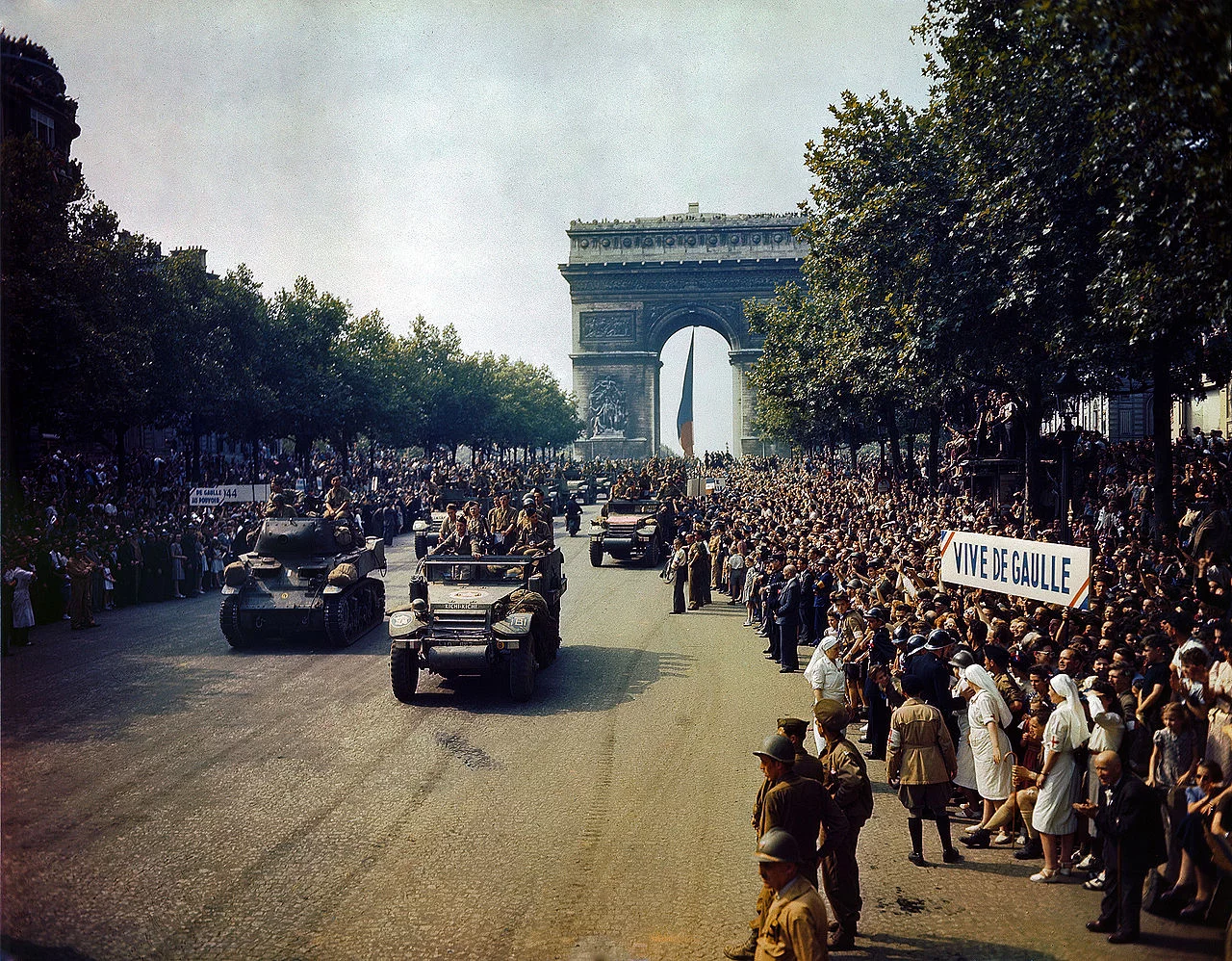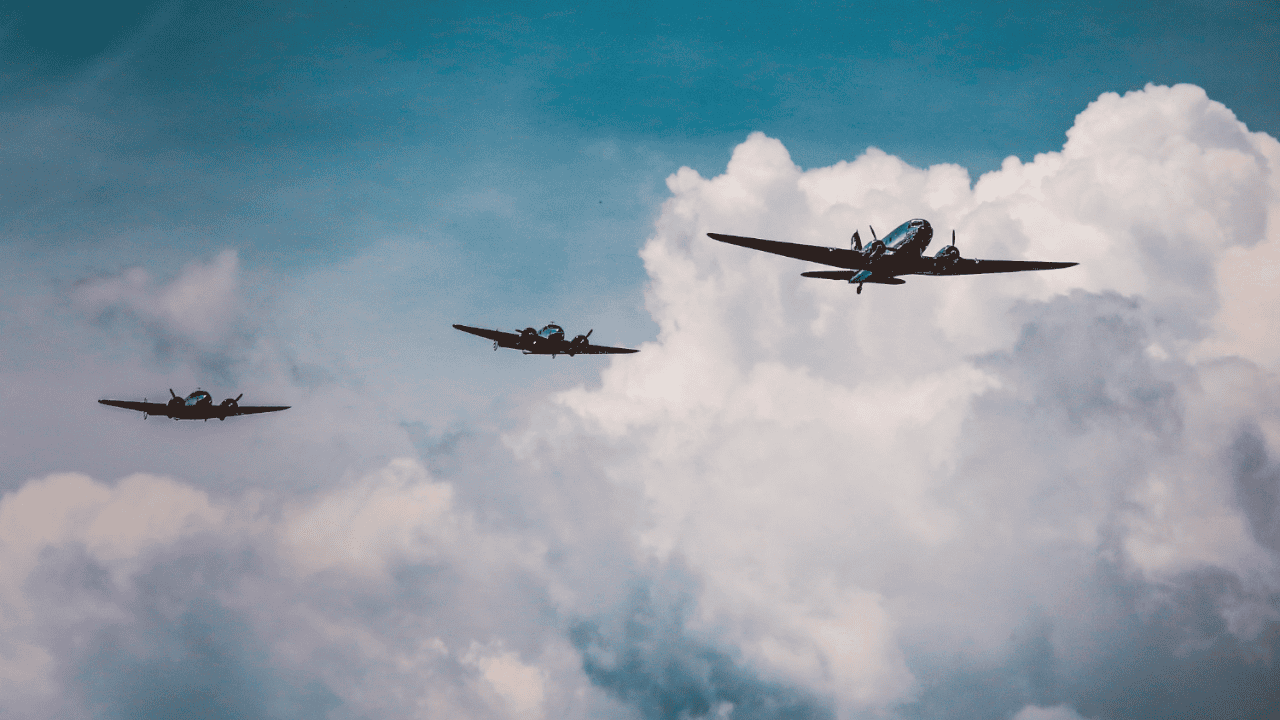When Stach goes to a nobility from the area with a mission to search volunteers for the Polish army, he wonders at his success: “Anim saw the army or what. Turns out, if I want to, I can put smart people in bottles. What if they did?
He confessed that I was from Smolarnia and did not invent, did not approve,
It is not known whether they would go immediately." So what if he created a legend that Kościek had seen, not himself, if it would make another boys become this legend truly and enter legions. Maria Zadencka writes that the book “shows
clearly and without hoax, like a historical stereotype, through this,
that acts as a pedagogical: an ethical and aesthetic pattern, turns
become reality, how it interacts with the past and life that happens,
and turns into a story again."
There are many references in the fresh and it is worth mentioning even
A fewer of them. In an overdose we learn that in 1875 old
Balashevich came to the Perberezinian wilderness and “at the edge of two
The nouns" "throwed down 2 tithes with the cot of the forest hills". That's where Horna's grower started. The past of the Balashevichs intersects with the destiny of the Bohatyrovichs with Nad Niemne. It's like an epic.
The descriptions of the end of the ‘green’ to which
authenticity is added by detailed calculations containing numerous
species names:
From the clumps she rolled out with crooked fern hooks, growing
in the eyes and unfolding like a palm tree, between them rose a-
do not lie down, asak, goat, elsewhere – in places of overflow
marshes – wet water rose, hoofs grew, rohogoes grew, and venom grew
(NBZ 326– 327).
In turn, the adventures of Stacha and Kościka in Russian school remind us of
Some Sisyphic Works and Homeless People cards. Let's keep moving.
Chapter Dance Out of Regret is almost repeating a wedding from the Peasants
Władysław Reymont. Sarmack fantasy of Mieczyk Piotrowski-
He and his half-baked tales of heroic deeds
of the old days, in which he led himself with double strength
Primy, it is another incarnation of Sienkiewiczów Zagłod. Sword
resembles the celebrated Onufrego besides with physionomy (simple mustache
and right attitude) and reliable cunning. The same Piotrowski
In the autumn of 1919 he addresses Konarzewski: “General,
I've come to ask humbly that you be our Zaberezinian land.
He decided to join me in Poland” (NBZ 523). Love in the Margin
of this scene he wrote: “Time stands still; behold, 1812, Lord Tadeusz
and words returned by Jankiel to General Dąbrowski: «Jene-
rale, said thou long our Lithuania She waited long as we Jews
Messiah».
And the words:
O springer! Our pride! The award for the long-term s-
Canny and harm the oppressors! The sweetest flowers of our lives! C-
Melancholy, soothing pain, long and distant wandering! (NBZ 328)
They mention to Book XI of the Archdiocese, which states: “About the
Who saw you in our country, Memorable hi-
The dream of war, the spring of harvest!’
Blackshevik refers to words
The prophet: “Born in captivity, stoned in power, ♪ I'm just 1 ♪
I had specified a spring in my life.” What else did these 2 springs have in common?
Strong religion in a man of providence. In the spring of 1812 he showed
Napoleon Bonaparte. The French Emperor was leading
Great Army to Moscow. In 1918 “New Napoleon”
General Musnicki – the creator of the alleged Republic
Bobrian, which is happening with the White conflict Trail
Legions (1914 – 1918).
These were Polish formations serving in the ranks of the Imperial army
Russian. For tens of thousands of volunteers from the old Kresów
became an chance to fight for independence. The “white” legionaries were
also heroes of the epic. Kosyk Vasilewski in the fall of 1915
joined the Polish firearm Brigade formed in Bobrujsk,
to be in the Krechowacki Regiment.
Major
The hopes of the heroes active later service in the First Corps
Polish under the command of General Dowbor-Muśnicki. erstwhile ‘white’
Russia under the force of the Bolsheviks began to bow to decline,
The rebels were forced to fight the Red Army. Ob-
Having planted strategical points in the city, on 3 February 1918 Poles
They captured the fortress of Bobrujsk without 1 shot: “I realize [...]
our Lord General Dowbor-Muśnicki and our Legion
Courage” (NBZ 232). shortly the Bobrian Republic was established.
This was the first since 1831 (detronization of Tsar Nicholas I) ladies-
a full thing ruled by Poles, completely independent and not-
dependent on any of the 3 possessors. Enclave included
the scope of the triangle between Słucki in the west, Mogilev on
North and Berezina's exit to Dnieper in the south. Eastern
the border of ‘Dowborii’ was determined by the Dniepr line with towns
Rohachev and Żłobin. The Bobrian Republic existed to
June 1918. Superberesis are the most crucial literary
A evidence to that time.
The tension between the epic and the idyllic leads to the apparent pa-
Radox. A large epic work of war and business time without
There are indeed scenes of both bloody andbatalistic. These themes
were deliberately removed from the mainstream narrative. Blackshevik
Gets the impression of the planet beyond the historical disaster, beyond time,
placed in eternal now. Cognitive Horizons Works
suggest that the narrator never left the household pages. That poetry
connects the Nadberezians with the epic tradition, especially in the edition
Homery. In a classically understood era, action should be
incarcerated in an ancient legendary “timeless” erstwhile everything
was bigger, better and heroic, due to the fact that closer to the golden age
humanity. The distance between the minute of the communicative and the described-
To me, it must have seemed so immeasurable that “even
The oldest do not remember the events presented.
But Blackshevik is precisely the opposite! The Nadberesis Action
ends in January 1920, and the fresh appears in the year
1942. We have a akin situation in the case of Mr Tadeusz. Final
The poem takes place in 1812, the work leaves in print in the year
1834. This only twenty-two-year-old distance between moments
historical since its artistic transformation brings both epos to
History fresh poetics. But it's not a large story.
the main topic.
The works are alternatively celebrated for the Epilogue of the Lord
Tadeusz’s regulation of “the tiny world” (actually extensive), but “without”
indirectly known» and “the planet in detail”17. This.
based on the destiny of individual characters, thanks to micro-
narration we learn about collective past against the background of breakthrough events.
These enter into the mythical fields of Soplicov only in the last
The book of the poem, along with the large Army's passage to Moscow.
Then we besides do not follow them from the position of the avant-garde
or Chief of Staff of General Jan Henryk Dąbrowski, but still
we stay on the level of the “small world” and the “second hand” relationship.
Similarly, in the Nadberezins General Musnicki is mentioned
very much, but the hero himself appears only in the episodeal dis-
I am speaking with the Smolarzan delegation (NBZ 238–240). But surely
historical battles have a much more impact on game and composition
Blackshevik's epic, than it happened in Mickie's poem-
Stitch. But the news about them is mostly “by hearing”,
from a panoramic perspective, which removes an unobstructed element
stories beyond the boundaries of the native Smolarnia. “The memory of the earth seems to be
Stronger [...] than the memory of events.” So Blackshevik can-
She's got an epic distance.
A position of A Tale That Happens distant From the Main
war fronts, and very many scenes from novels
Łotrkowska is connected to a wider epic tradition. alternatively of a wall
We observe tiny skirmishes and individual feats
Partisans. Smolarans with skillful fortitudes come out
Even from the worst oppression. It's a known tous of Odysseus.
popular in the Sarmatian era. In the 17th century in Polish poems
The heroes were hailed knight who is not only brave and me-
Dry (fortitudo et sapientia), but she besides manages to overcome with cunning
a stronger opponent “without harsh human blood spilling.” This one.
The Christian rule is found in Samuel’s epic
Leszczyński request with Sheremet, Hetman of Moscow and Ko
behinds in the Year 1660 from Poles won (1661). Estimated
then heroic efforts of spies, waders and gifted
A fantasize of warriors. The perfect of specified a Sarmata was also
The head. A small bit like him, so the heroes of the Nadberezians are like him.
smart and brave like Odysseus. In the fight against Bolsheviks they lead
is the rule of “good trick” (dolus bonus), already known from the Ho-
Meera. An excellent example is staged by the Swords-
Piotrowski execution of Bolshevik criminal Kurtopalc
(NBZ 220– 224). Going to the Smolla nobility of the bandits
they are first carefully allowed into the mediate of the wall,
And then surrounded and forced to surrender. Directed by
The sword of the noble court decides to conviction to death
by hanging the most dangerous delinquents. Thanks.
a trick with a pre-cut cord of the band instead
Hang, fall to the ground, and the remainder of the terrified Bolsheviks beg
Oh, for pity. Conceptist Mieczyk triumphs: “Peter’s eye blinked
significantly and turned on with a mustache fantasy" (NBZ 224). Nadberezinski
The nobleman pursues the Sarmatian perfect of a man who in the service of Rzecz-
is besides fighting with the usage of a fort and humor (traditional
homo ludens and homo polyticus). Stach, getting out of Bolshevik-
no cell, he writes a vicious poem on his wall
"You will never see me again, you fool. ♪ I took it ♪
your saber and dressing [...]” (NBZ 183).
Blackshevik preserved a unique, full of Belarusians and Russian-
Say the sound of a tiny nobleman surviving in the forks of Berezin and Dnieper.
In addition to the previously known endowisms thanks to this work
Polish linguist added
About half a 1000 fresh words. The Rich lexic of the Nadberes
all the reviewers of the fresh were delighted. Melchior Wanakovich
wrote:
The tongue itself changes; going deeper and deeper, sometimes into three
the 4th becomes Belarusian. The language “full of Russianism” [...] lives
in the book Czarniszewicz, an unexpected beauty of neologists,
ancient indigenous sources and nothing bothers that it is
They grew a mold of Russianism, since it came into Russian captivity like
Old dull wine (Jew 8– 9).
For example, provincialisms and archaisms that are ex-
Prestigious diminutive. Especially rich include tender
the terms of the loved one: lubka, lovage, krasavika, krasak, krasak,
flower, bird, beet, gold, soft, fox, goldfish,
my eagle, the rainbow, the heart, the lily-
white... On the another pole are the nicknames directed
at the address of boys and men: ludorez, hoarding, scrotum,
knyr, granny, murderous, cobralatian, agglomerator, walacuha, shyster,
The nasty, the killer, the pig dad... It's interesting to diversify.
language characters. The nobles of the most converging castles
He says in the mediate of Russian: “Wot our Hańka! Wot hda jan! [...]
And what a beauty she was! How they grew! Wot the girl!”
(NBZ 249). The dialogues besides feature selective styling.
Then all issues are recorded in Polish translation, only
The individual phrases signal a abroad language. For the specifics of super-
The common presence of adverbs of ad-
finished on ‘-she’: ‘It is not yet known if killed. No. No.
He moves, does not speak, but is reportedly not dead” (NBZ 297). Full
Old Polish charm is: sometimes inverse syntax with the case-
German at the end of the conviction (the influence of Latin and Bible language), Russian
Pastaisms and archaic-dialectal phrases specified as: “How
I became mediocre after you!” (NBZ 344), “How you, boy, ho-
Are you eating?” (what does “how are you doing?”, NBZ 11), “What did you say?
in this lollipop, that you want they'd rat him out" (NBZ 296), "How much?
He failed!” (NBZ 56). At a wedding, that's how a bachelor expresses his interest-
wanking girl: “Miss Carolina, I want miss something very much
It's crucial to say. [...] I have large electricity to the missus
Karolina’ (NBZ 271). besides attention is paid to peculiar communication
Some words, specified as: “Fearless Stakes and Regret behind their uncles
until the heart hurts” (“who?” alternatively of “who?”, NBZ 27); “is so
arensharz (north-term ‘is’ alternatively of ‘are’), here in the sense of:
‘there are specified tenants’, NBZ 67). The large advantage of Blackshevik
is its variety, matrimony kind advanced with low and firm,
combining literary polish with dialectical, as well as love
to vocabulary and poetic metaphorism













